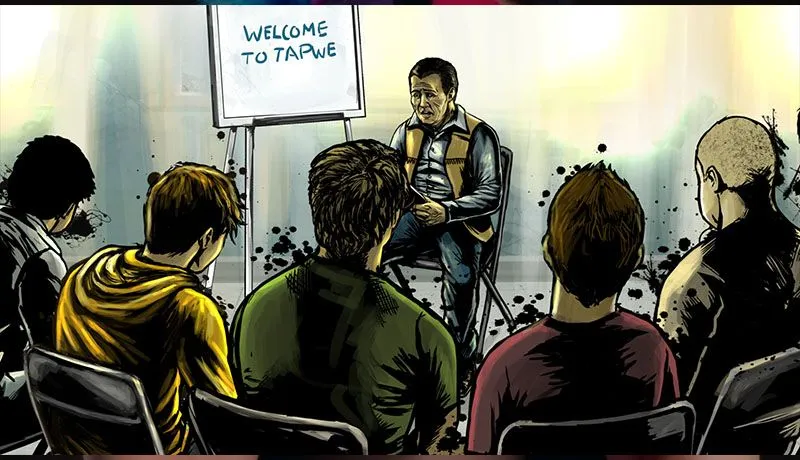5 minutes - Article
Speak and listen with confidence!
By Elder Connie Forbister
You can start improving your social skills by following these steps and soon you will be able to speak and listen with confidence. Social skills are important because they help you build and keep relationships.
- You can behave like a confident person even if you don’t feel like it
- Ask questions that need more than a yes or no answer
- Show you are interested in hearing what is being said
- Have a goal and plans to improve your social life
- Compliments can be a great way to start a conversation
- Pay attention to the type of body language you use
- Be knowledgeable on current things and news stories so you have something to talk about
- Practice being polite, grateful, and kind
- Think positive
Listening
There is a difference between simply hearing and listening. When you are listening to someone, you are making an attempt to understand exactly what they are trying to say.
- Pay attention to the person speaking. Make eye contact. If you lose concentration, push yourself to stay in the now.
- At times, even if you’re listening, you can’t understand what is being said. Feel comfortable enough to ask the speaker to explain.
- It’s not good to interrupt or cut someone off. If you have an idea, write it down for later and pay attention to the speaker.
- When you don’t show interest in what’s being said, it can be distracting to the speaker.
- At an appropriate time, repeat what was said. It will clarify the message. The speaker will then have a chance to correct you or give you more information.
Verbal Communication
If verbal communication was as simple as just speaking, there wouldn’t be as much turmoil in our world. A lot of arguments happen because of poor communication. People can be offended or hurt and you may not even know. If you chose your words more carefully, this might not happen. You must take time and practice to learn what you want to say and how you say it.
- Speak loud enough to be heard. Pronounce your words as best you can
- The words you choose should be correct. Practise words that show your knowledge and skills
- The sound of your voice says a lot about how you feel and what you’re saying
- You have to consider your audience. Talking to your friend is not the same as talking to a cop
- It is crucial that you think before you speak. If you don’t, you risk saying hurtful things
Non-verbal
Words make up a small part of communication. Most of the communication is nonverbal. Understanding that nonverbal messages are usually facial expressions and body language. You understand the messages you and others are sending. Nonverbal cues can tell you how people feel, if they are telling the truth, and whether they are paying attention. If nonverbal actions don’t match the words, there may be feelings of mistrust, confusion or anger. You can identify these nonverbal signs. If you can’t, you can miss important pieces of information.
- Eye contact
- Pace of speaking
- Crossed arms or legs
- Body posture, leaning forward, looking down, etc.
- Facial expressions
Emotional Awareness
The ability to understand feelings will help you succeed when speaking to or listening to people. Those who are emotionally mindful will communicate better. Feelings are difficult to hide, and it isn’t a good idea to try. Misunderstandings happen all the time, but emotional awareness can help you to avoid them. Here are skills that are important to remember.
- Consider other people’s feelings
- Consider your own feelings
- Have empathy, which is putting yourself in someone’s place so you can understand better
- Operate on trust
